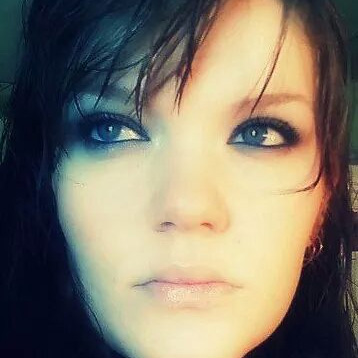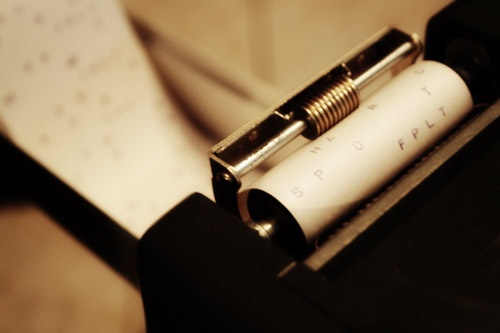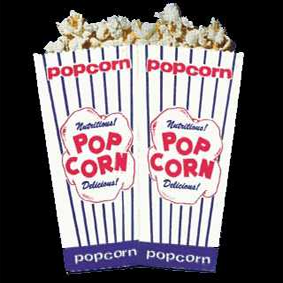I spent the five happiest years of my life in a morgue. As a forensic scientist in the Cleveland coroner’s office I analyzed gunshot residue on hands and clothing, hairs, fibers, paint, glass, DNA, blood and many other forms of trace evidence, as well as crime scenes. Now I'm a certified latent print examiner and CSI for a police department in Florida. I also write a series of forensic suspense novels, turning the day job into fiction. My books have been translated into six languages.
Quite the contrary, I find myself apologizing to them if I bump into their gurney. They’re dead. How could I not feel sorry for them?Both my department and the various forensic organizations of which I am a member have published codes of ethics to which I have always adhered.
That's not something I have anything to do with--it's the detectives' and/or attorneys' decision. I supposed they think if they get results that are really surprising it can hint if they're looking at the right people or not.
How does that question relate to forensics?
I would think it would help because it would show some familiarity with law enforcement agency procedures. Even if you work for a completely civilian agency such as a medical examiner’s office, you would still be interacting with law enforcement constantly, so I would think it would help. Though even if you can carry a gun and badge in your everyday life, you probably wouldn’t be able to carry it on the job unless it was all right with your employer.
Certified Nurse Aide
 What's it like going into a room in the morning to find someone dead?
What's it like going into a room in the morning to find someone dead?
Court Reporter
 How do you transcribe when people in the courtroom are talking over and interrupting each other?
How do you transcribe when people in the courtroom are talking over and interrupting each other?
Movie Theater Employee
 Why is movie theater food so overpriced?
Why is movie theater food so overpriced?
I am an expert in some areas of forensic science. I am not an expert in law, public safety policy or our political system.
As far as the job is concerned, I would think the odds of getting the job would be the same, but there are other considerations. The pay and benefits are different (at least at my agency) between sworn and civilian because they’re different unions. A sworn officer would be taking less pay and benefits to be non-sworn so the hiring party might wonder why, or worry that they would get tired of it and want to leave.
Contact your local PD and ask what their procedure is. You will probably have to fill out an application and a waiver. Best of luck!
-OR-
 Login with Facebook
Login with Facebook (max 20 characters - letters, numbers, and underscores only. Note that your username is private, and you have the option to choose an alias when asking questions or hosting a Q&A.)
(A valid e-mail address is required. Your e-mail will not be shared with anyone.)
(min 5 characters)
By checking this box, you acknowledge that you have read and agree to Jobstr.com’s Terms and Privacy Policy.
-OR-
 Register with Facebook
Register with Facebook(Don't worry: you'll be able to choose an alias when asking questions or hosting a Q&A.)